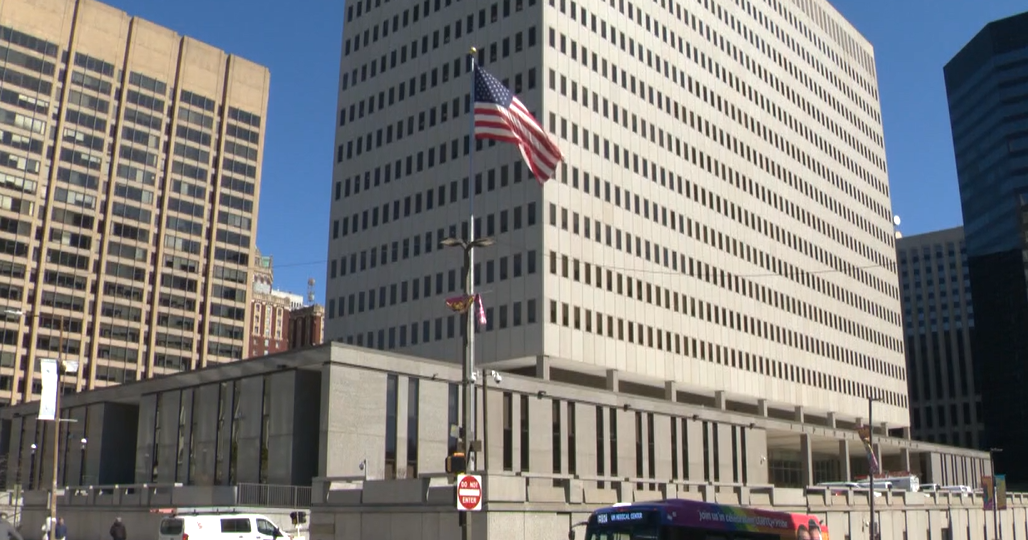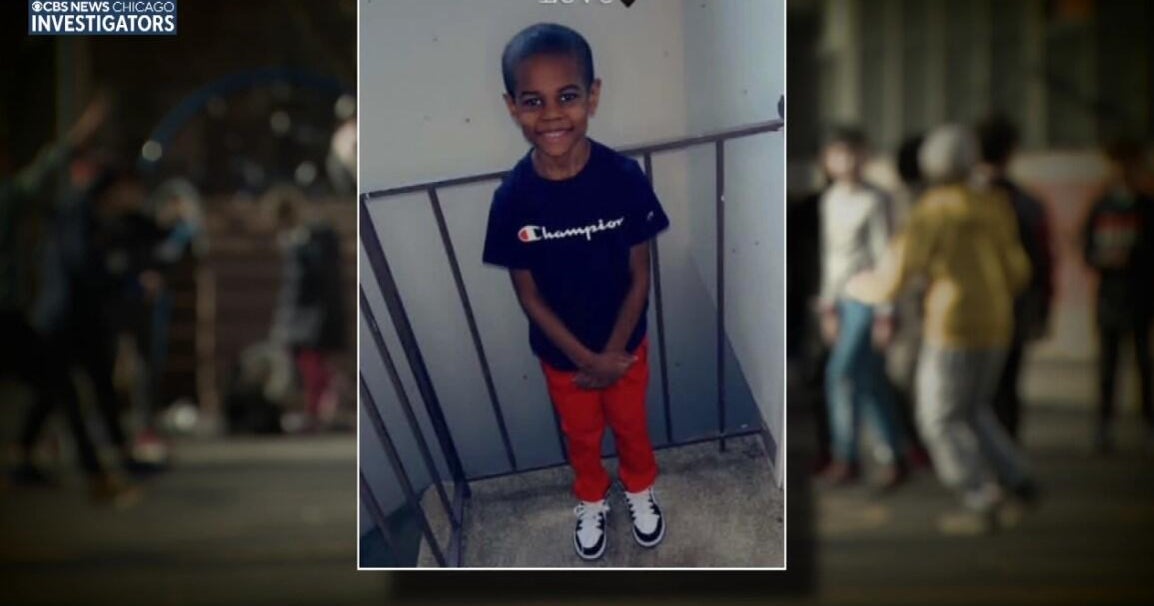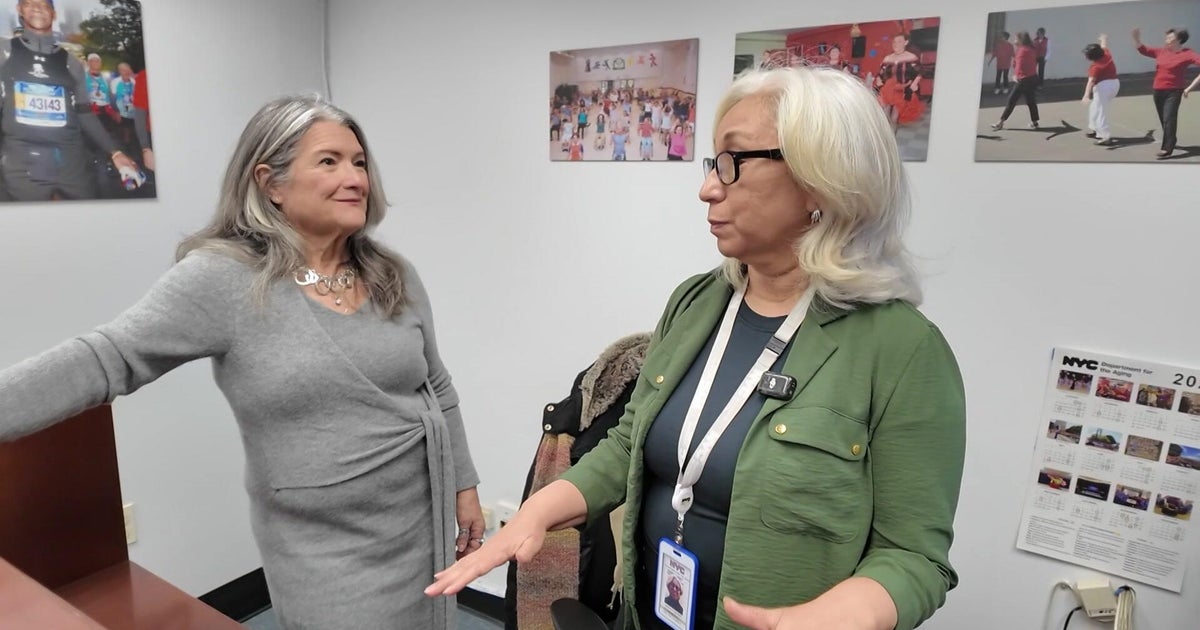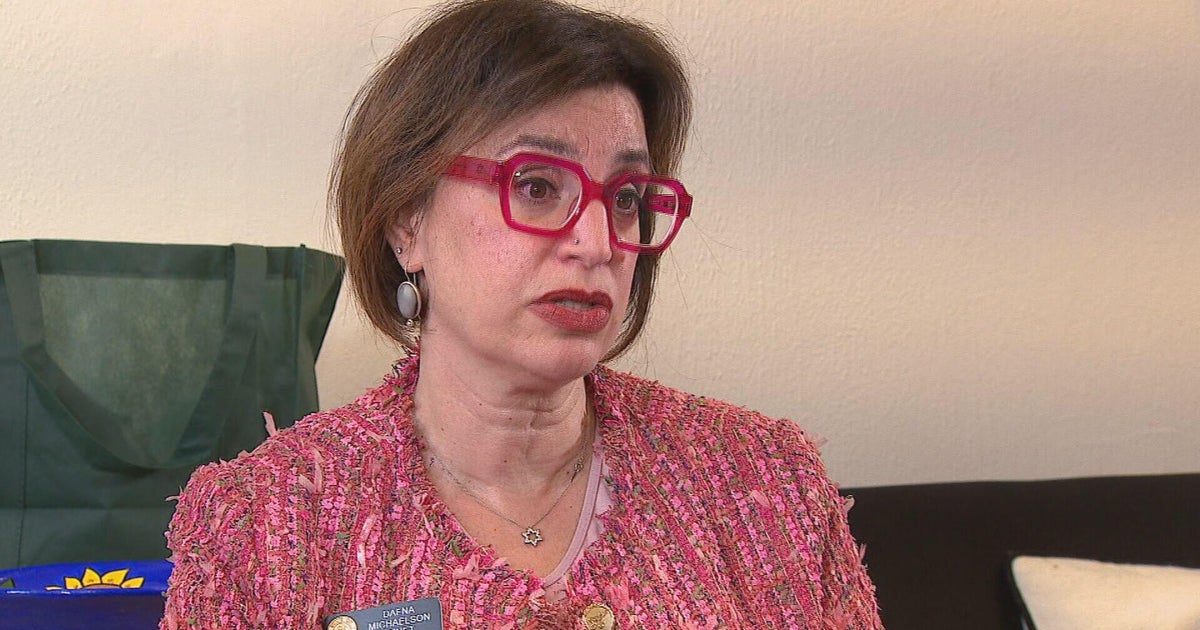Florida Lawmakers Consider PPE Stockpile Plan
TALLAHASSEE (CBSMiami/NSF) – Florida could set up a stockpile of life-saving personal protective equipment and sell it to health-care practitioners at cost, under proposals now moving in the Legislature.
Despite some concern from one lawmaker who cautioned the measure could turn a "government agency into an Amazon," the House Pandemics & Public Emergencies Committee on Tuesday unanimously approved its version of the proposal (HB 1353), sponsored by Rep. Clay Yarborough, R-Jacksonville.
Committee member Carlos Guillermo Smith, D-Orlando, noted that the state Division of Emergency Management has provided PPE free of charge during the COVID-19 pandemic to health-care practitioners and asked whether there would be a policy switch to require providers to pay for the equipment.
"The intent, I can tell you, is not to restrict it to where it can only be purchased, especially to other groups that aren't health-care providers," Yarborough said. "The main thrust of the bill is to try to make it available so that we can serve Floridians first."
Smith also said he was worried that making PPE available for sale through the state would disincentivize practitioners from having their own contingency plans.
"That's really my main concern with your bill, that we are turning a government agency into an Amazon when I don't think it's the appropriate role for the government to be selling it to providers," he said.
During the early days of the COVID-19 pandemic, personal protective equipment was hard to come by as the United States outsourced production to China. Health-care workers wore garbage bags, and physicians and nurses reused their N95 masks.
Gov. Ron DeSantis in March 2020 temporarily halted all non-essential health care procedures as a way to ensure the PPE supply was adequate.
As of August, the Division of Emergency Management had provided more than 62 million masks; 16.5 million gloves; 2 million face shields; 1.2 million shoe covers; 5 million gowns; 107,000 goggles and 74,000 coveralls to health-care providers. Even then, it wasn't enough, and providers such as assisted living facilities and homes for people with developmental and intellectual disabilities often were left without supplies.
Also Tuesday, the Senate Military and Veterans Affairs, Space and Domestic Security Committee unanimously approved the Senate version of the proposal (SB 1760), despite worries that it wouldn't go far enough to protect all Florida businesses and front-line workers who require the equipment.
The bill would allow health-care practitioners to purchase PPE from the state during declared emergencies. To ensure the state has enough respirators, gloves, gowns and masks to cover the potential need, the Division of Emergency Management would be required to complete an inventory of equipment "held in reserve" and procure additional equipment or arrange by contract for it to be sold to practitioners or their employers at cost.
Practitioners would include a wide range of professions, such as physicians, chiropractors, nurses, pharmacists, midwives, speech language pathologists and audiologists, nursing home administrators and respiratory therapists.
Sen. Audrey Gibson, D-Jacksonville, worried that the inventory might not be inclusive. She noted that in her district a coalition was put together to ensure that many minority physicians could get supplies.
"The inventory is of who? Doctors offices or hospitals or nursing homes?" Gibson asked Senate bill sponsor Ben Albritton R-Wauchula. "Who are we inventorying to make sure we have enough PPE?"
Albritton said he'd work with Gibson to assuage any concerns that PPE wouldn't be distributed equitably.
"The goal here is … to make sure everyone has access --- in this pandemic, everybody, everywhere, has access --- to a number that is agreed to by the providers out there in conjunction with DEM on what we are going to need. Everybody can have access to that, and it will not be limited by any factors," he said.
The bills are supported by the largest statewide physician association, the Florida Medical Association, and the Florida Osteopathic Medical Association.
(©2021 CBS Local Media. All rights reserved. This material may not be published, broadcast, rewritten, or redistributed. The News Service of Florida's Christine Sexton contributed to this report.)







